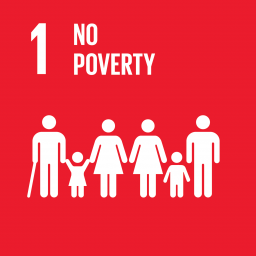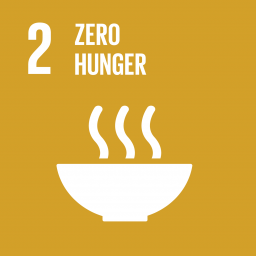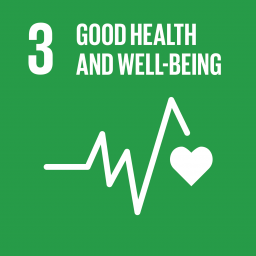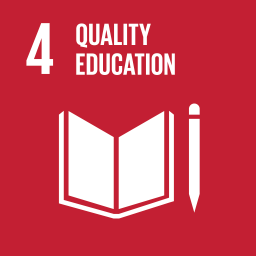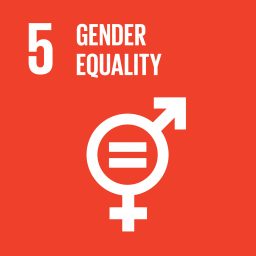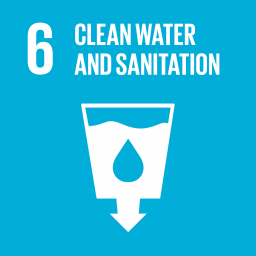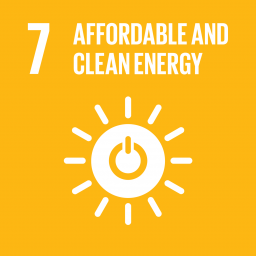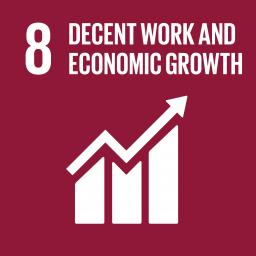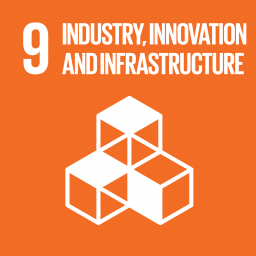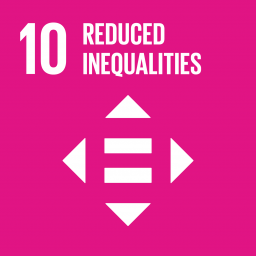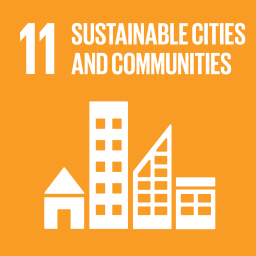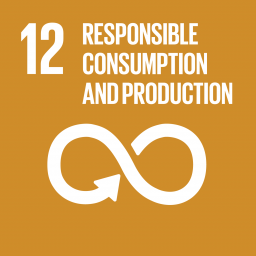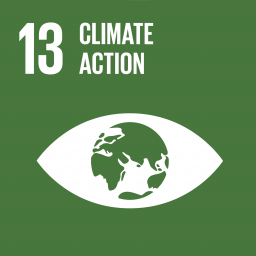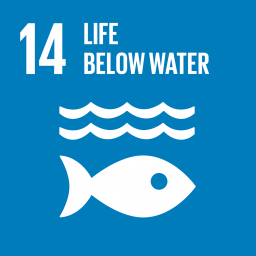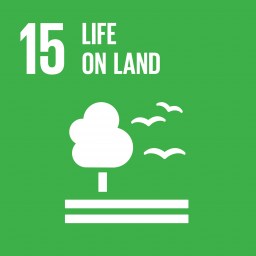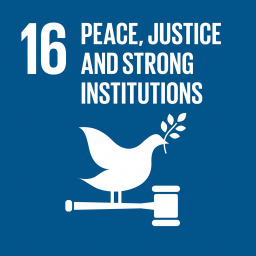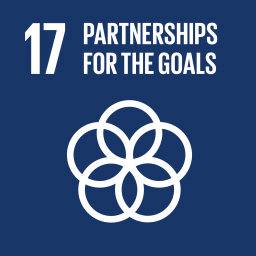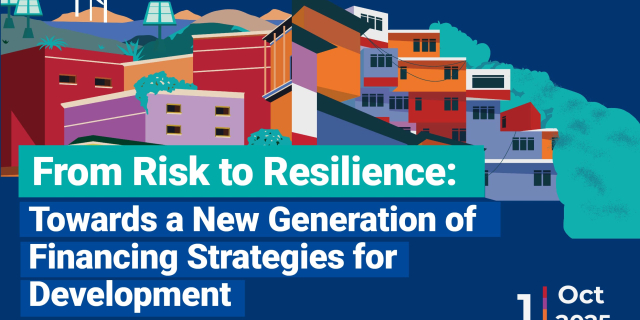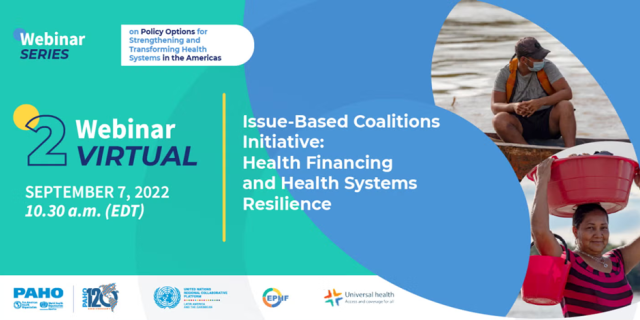• Mapping, presenting and disseminating different approaches across United Nations entities and strategies carried out by governments aiming at: a) understanding and tackling the determinants of socioeconomic inequalities across its many dimensions, b) expanding social protection systems and making them more adaptable to crisis, and c) implementing care systems.
• Conduct studies as a basis for guiding Active Labour Market Policies (ALMP), formalization and productivity policies in Latin America and the Caribbean. Among them: a) Updated assessment of ALMP in the region, b) Knowledge generation on innovative formalization strategies carried out by governments and their specific responses aimed at workers/enterprises, and c) Systemic analysis of value chains in selected countries to identify bottlenecks that limit productivity and decent work.
• Mapping of Financing for Development analytic/ activities of United Nations entities on action areas identified by the Inter Agency Task Force in its Financing for Development report (domestic public resources, domestic and international private business and finance, international development cooperation, international trade, debt sustainability, science, technology and innovation, quality of public spending, climate financing data and monitoring, cross-cutting issues).
• Undertaking of analysis of Financing for Development approaches and instruments, with the purpose to get better Sustainable Development Goal financing at the country level.

